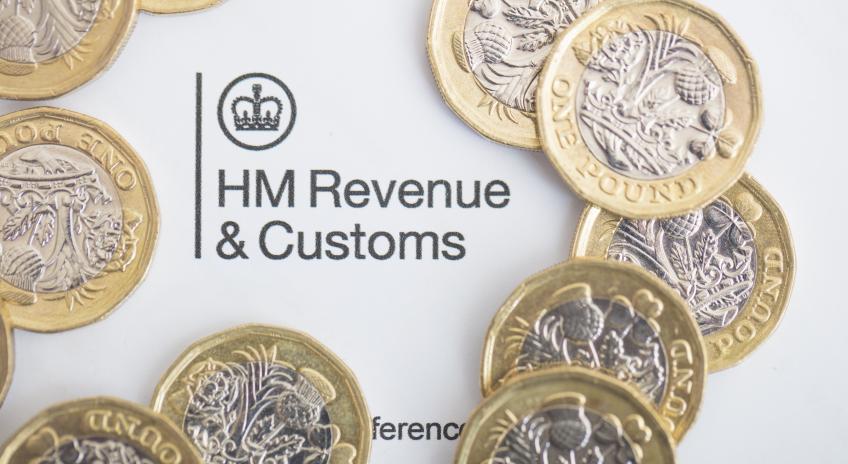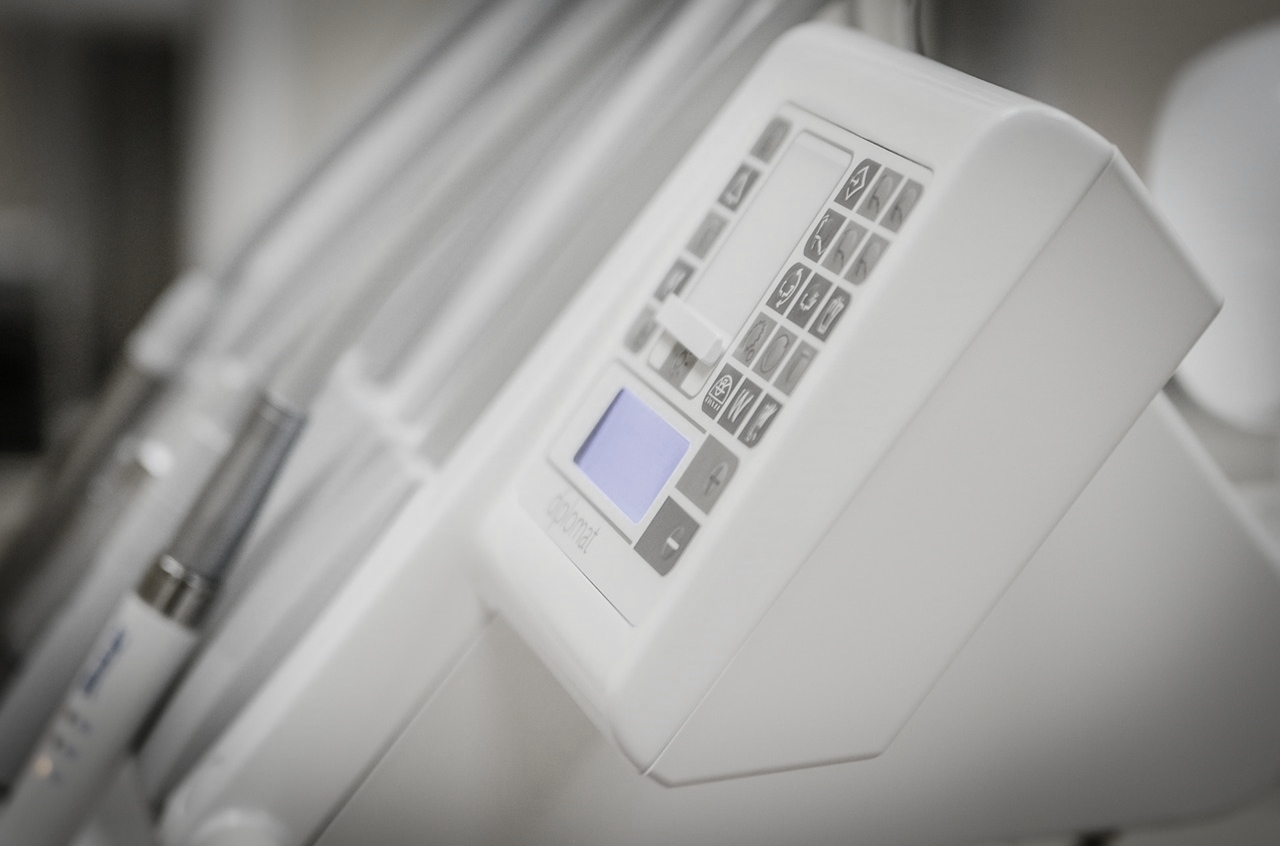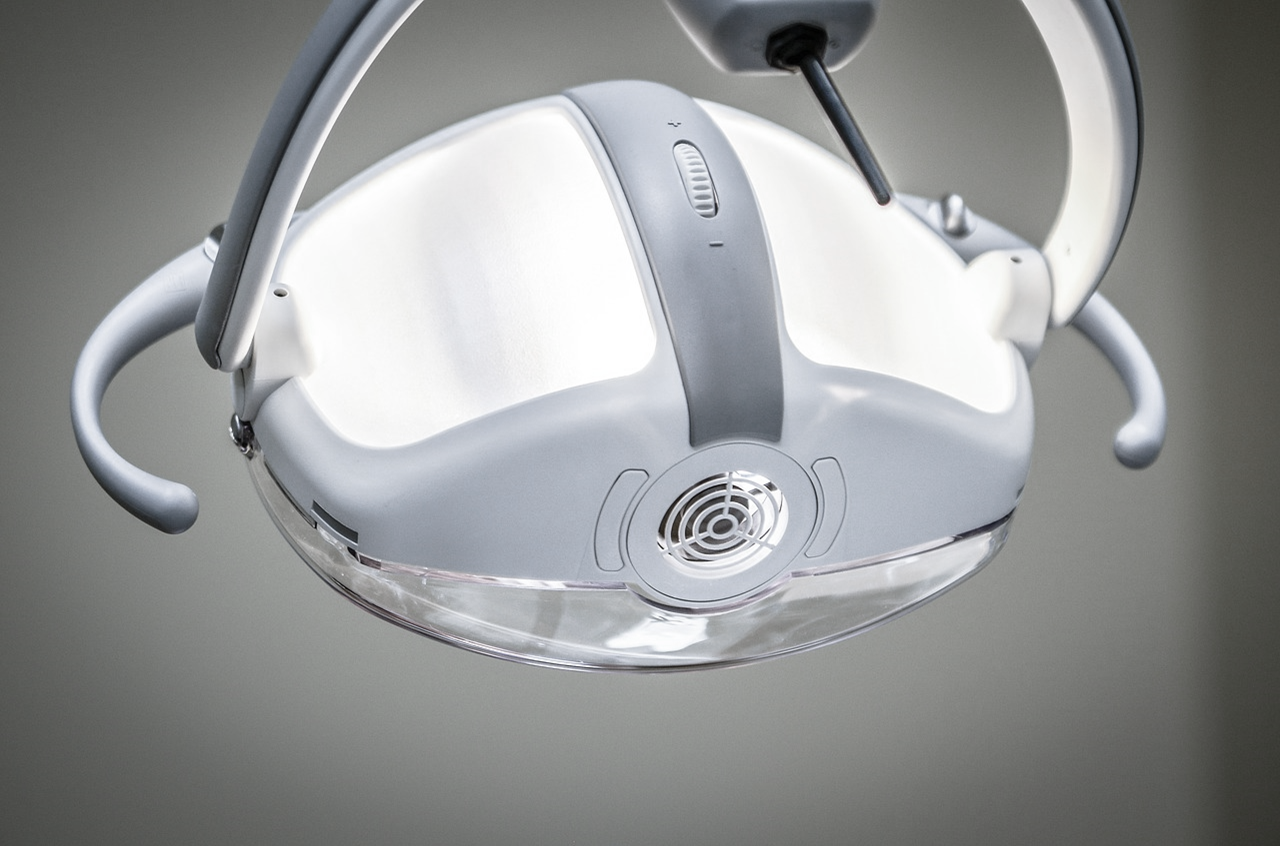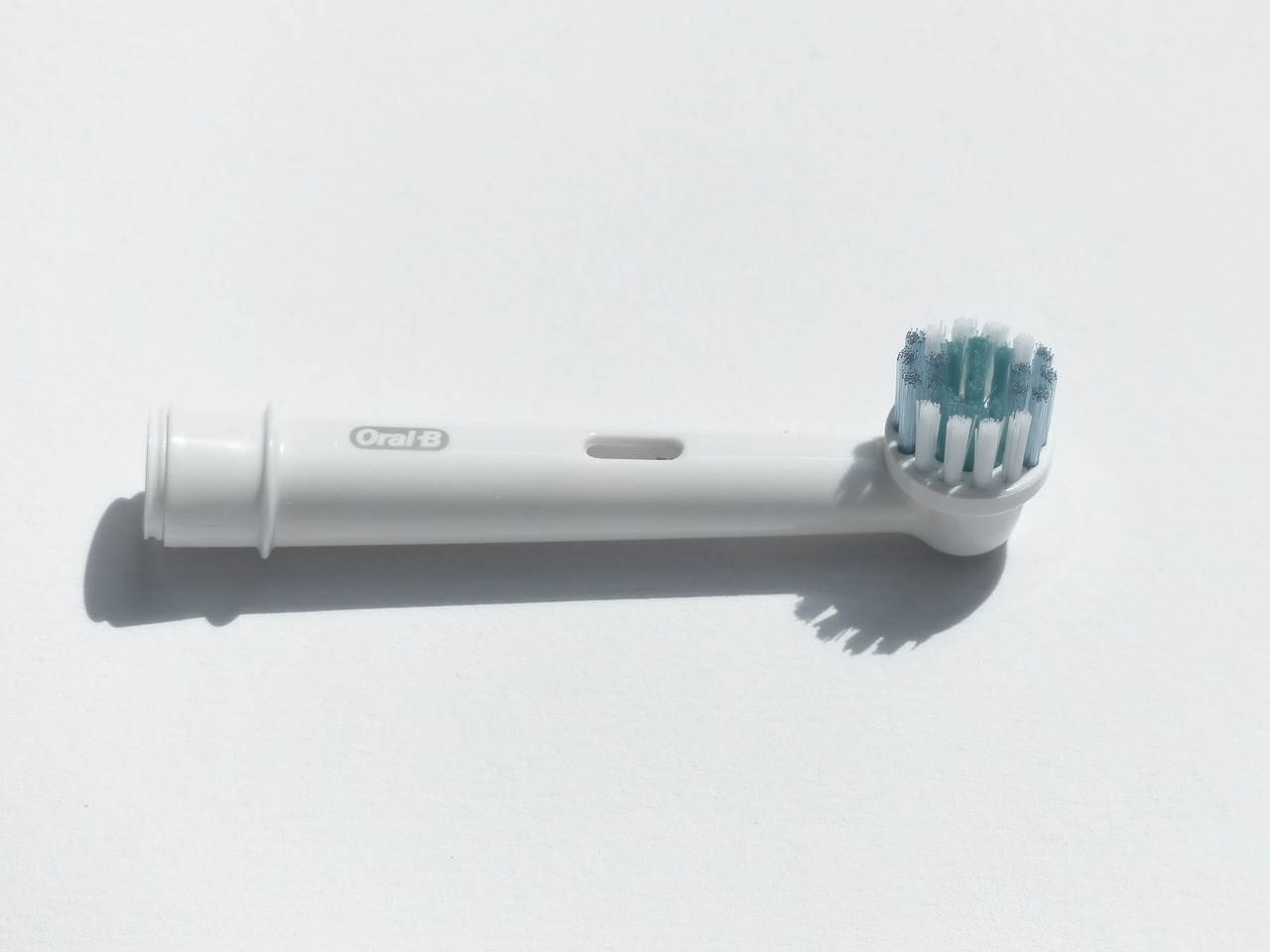
Incorporation of Your Medical Practice: Five Key Points to Consider
Date: 17/12/2024 | Healthcare
If you read our previous article “Can a Medical Practice Incorporate?”, you might now be thinking seriously about incorporation. Many of our Scottish GP Practice clients are approaching us to help them navigate the legal aspects of incorporation. If you are in a traditional partnership and your partners are concerned about their exposure to risk, incorporation can offer valuable protection from the debts and liabilities of your practice.
Here are five key tips to consider if you are thinking about incorporating your Scottish GP Practice.
Tip 1: Understand the Pros and Cons
Pros
The biggest “pro” is that companies and limited liability partnerships (LLPs) have “limited liability”. That means that if the practice operates as a company or LLP, the doctors’ own assets (including houses and savings) will not be at risk if the practice fails, unless they have granted personal guarantees, or in other limited circumstances. This is in contrast to practices run as traditional partnerships where the Partners may need to contribute personally to the debts and liabilities of the practice. This is a significant concern to many of our practices now, when funding is being cut and Health Boards are scrutinising their legal and funding arrangements with practices.
Cons
Companies and LLPs are registered with Companies House (an online public register) which means that certain information relating to the doctors and the practice will be available publicly. However, the detail of most accounts can be kept to a minimum so doctors needn’t worry that their earnings will be disclosed. There will be annual filing requirements but these are not overly burdensome.
There will also be costs involved with the incorporation process. That said, usually the long term benefits of incorporation will outweigh the administrative requirements and initial costs.
Tip 2: Understand the Process
A partnership cannot just “convert” into a company or a LLP. That is not how incorporation works. You first need to set up your new company or LLP, and then transfer the business, assets and liabilities of your existing partnership over to the new entity. The existing partnership is then wound up. All of this should be properly documented, and you should be comfortable that your professional advisors understand the process and can support you with your incorporation.
Tip 3: How to Choose Your Structure
Incorporated GP Practices can be run as both limited companies and LLPs, but we find that most practices prefer the LLP structure. This is undoubtedly because LLPs closely resemble traditional partnerships which doctors are used to.
LLPs are also “tax transparent” which means they are broadly speaking taxed in the same way as traditional partnerships. That means that the LLP itself does not pay tax, but the members (i.e. the partners) pay income tax on their earnings like they would in a traditional partnership.
Companies on the other hand are taxed separately from their shareholders. This might be suitable for some doctors, but you should always seek tax advice early on.
Once your company or LLP has been set up, the doctors should enter into a legal agreement amongst each other in order to set out their respective legal rights and obligations – in the same way you would in a traditional partnership agreement. With a company this would be a shareholders’ agreement (between the doctors as shareholders or owners of the business); and with an LLP this would be a members’ agreement (between the doctors as the members of the LLP, just like partners in a partnership).
Tip 4: Speak to the Health Board as Soon as Possible
Generally speaking, Health Boards are comfortable with both companies and LLPs so in most cases they will not have an objection to transferring your GMS or PMS contract to the new entity on incorporation. However, since your GMS or PMS contract is essential to your practice, we recommend that you liaise with the Health Board at the outset, to ensure that incorporation will not cause any issues for them in relation to your contract.
Tip 5: Speak to Your Bank and Landlord
It is equally important to speak to your bank (if you have outstanding loans), the Health Board (if you have a sustainability loan) and your landlord (if you lease your premises or branch premises). Their consent will be required to transfer your existing borrowings or lease arrangements to the new entity. We often liaise with banks, Health Boards and landlords on behalf of our practices to explain the incorporation process and ensure they are comfortable with what is planned.
Where can I get advice?
At Davidson Chalmers Stewart we are adept in advising GP Practices and individual partners on all of these issues. For more advice, please contact me, Lisa Kitson, at lisa.kitson@dcslegal.com (0131 290 2812) or speak to another member of our specialist healthcare team.
Disclaimer
The matter in this publication is based on our current understanding of the law. The information provides only an overview of the law in force at the date hereof and has been produced for general information purposes only. Professional advice should always be sought before taking any action in reliance of the information. Accordingly, Davidson Chalmers Stewart LLP does not take any responsibility for losses incurred by any person through acting or failing to act on the basis of anything contained in this publication.





















































